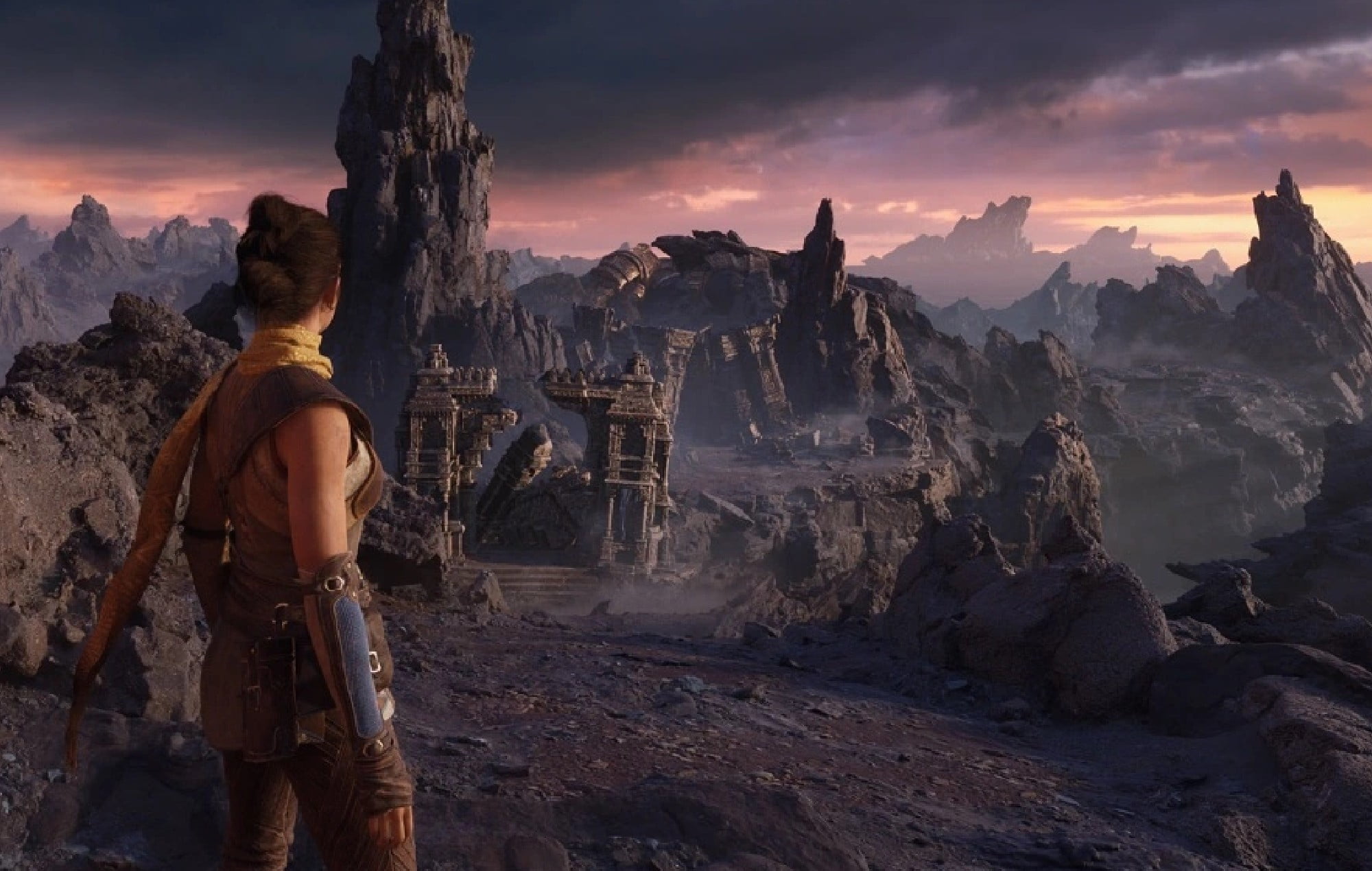/cdn.vox-cdn.com/uploads/chorus_image/image/65416416/acastro_180604_1777_playstation_0001.0.jpg)
Sony has confirmed that its next-generation console will be called the PlayStation 5, and it’ll be out next year, launching in time for “Holiday 2020.”
The company also announced several changes that it’ll be making to the controller on the PS5. Chief among them is replacing the current rumble technology that Sony has been using since the original PlayStation for new haptic feedback technology that it promises will offer a “broader range of feedback.”
The other big change that Sony is talking about today is a technology it’s calling “adaptive triggers,” which will go in the primary R2/L2 triggers on the PS5’s controller. According to Sony, developers will be able to “program the resistance of the triggers,” giving the example that you’ll be able to “feel” the increased tension as you draw back a bow or force you to push down with extra pressure if you’re driving through rough terrain. It sounds pretty similar to a Microsoft patent from earlier this year, which detailed a similar trigger system for a future Xbox controller. (It’s unclear if Microsoft is planning to incorporate it in its next-gen Project Scarlett hardware.)
Wired got a hands-on preview with a prototype PS5 controller, which it notes looked “an awful lot like the PS4’s DualShock 4,” although Sony isn’t confirming if it’ll call it the DualShock 5 just yet. Wired also confirmed that the PS5’s controller will finally be making the jump to USB-C as well as other refinements like a larger battery and improved speakers.
In an interview with Wired, Sony Interactive Entertainment CEO Jim Ryan and PS5 system architect Mark Cerny gave some additional details about the upcoming hardware. “There is ray-tracing acceleration in the GPU hardware,” Cerny said, clarifying the company’s original announcement of ray-tracing support and allaying concerns that Sony might resort to software tricks to manage it.
The Wired interview also confirms that the PS5 will use standard 100GB Blu-ray discs — Sony had previously confirmed that the console will offer a disc drive — but all games will have to be installed to the internal SSD this time around.
That super-fast SSD is still the biggest update that Sony is showing off, and it says that the installation requirement is due to the speed difference between the optical drive and the internal solid-state one. Sony does promise that the SSD’s improvements to how it reads data means that games will be able to take up less space, though, which should help soften the blow for the mandatory installation requirements. Sony will also let developers break up the installation of their games — say, by installing just the multiplayer components or just the single-player campaign — on the PS5.
Also new on the PS5 is a “completely revamped user interface” that will show off far more detailed social features on the home screen. Sony promises that you’ll be able to see (and launch directly into) specific features of a game, like a single-player level or multiplayer match, directly from the home screen, instead of first having to launch the game and then navigate in.
All of this information joins the existing details that Sony has already revealed earlier this year, like the eight-core CPU (which will be based on AMD’s third-gen Ryzen line) and custom GPU based on AMD’s Radeon Navi hardware, “3D audio,” the support for 8K gaming (as well as for 4K gaming at 120Hz), a much lower power consumption option, PS4 backwards compatibility, and that ultra-fast SSD.
There’s still a lot we don’t know, of course, like how much storage Sony will be offering (a question that becomes far more important with mandatory game installation), what kind of VR options there’ll be, or what the actual hardware will look like or cost. But with the new holiday 2020 release date, it likely won’t be too long before Sony starts giving some answers to those questions.
[“source=theverge”]






